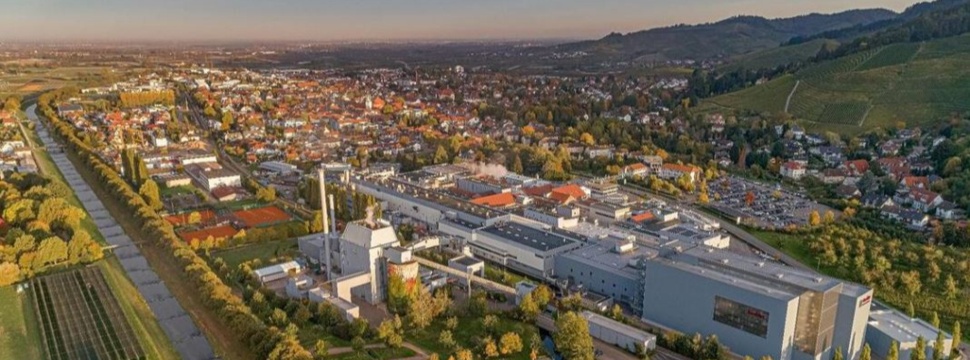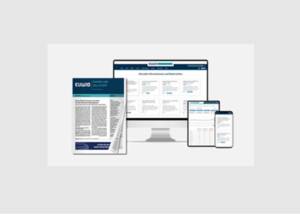Koehler Group significantly increases turnover in the 2021 financial year to almost one billion euros, despite the impact of COVID-19
News General news
- Turnover in the 2021 financial year grows by 22.4% to 941 million euros
- Operating result of 76 million euros
- Two pillars of “paper” and “renewable energies” secure growth

The Koehler Group performed better than expected in the 2021 financial year despite challenging market and competitive conditions due to the ongoing impact of the worldwide COVID-19 pandemic. As a global company, Koehler is heavily affected by local and global economic conditions. The economic situation stabilized slightly last year, following a steep decline in 2020. Current statistics from the Association of German Paper Manufacturers (VDP) show a noticeable increase in paper, cardboard, and paperboard production for the 2021 calendar year, with figures rising by 8.3 percent to 23.1 million metric tons, compared to the corresponding period from the previous year.
Significant increase in turnover of 22.4% in the 2021 financial year
The conditions in the industry were marked by huge price hikes in the energy markets. Revenues in the reporting year are characterized by a rise in sales volumes and price increases, which could be made on the basis of rising raw materials prices and energy costs on the market. Turnover for the 2021 financial year increased by 22.4% from the previous year to 941 million euros. The operating result stood at 76 million euros, 13.7% higher than the previous year. Kai M. Furler, CEO of the Koehler Group, said: “We are delighted to have been able to meet our customers’ expectations in the past financial year and to have significantly increased our turnover despite the difficult conditions.”
As well as the challenges on the global markets, 2021 also saw the start of a transition towards an even more sustainable company. In the future, the Koehler Group will endeavor to implement sustainable, innovative solutions along the value chain. “The coming years will be shaped by our aspiration to realize the ambitious climate protection goals that we have set for ourselves,” adds Furler. The goals that the company has set for itself include, among others, the “2030 Koehler Promise”. By 2030, Koehler wants to generate more energy from renewable sources using its own plants than it requires for the production of its paper. The product portfolio is also consistently aligned with the requirements of the circular economy.
Equity ratio of 51.5% ensures independence as a family-run company
The Koehler Group was founded in 1807 and has been a family-run company from that moment to the present day. Koehler is currently in its eighth generation under the management of Kai M. Furler. The group’s corporate culture is based on trust, mutual respect, and sustainable business. In order for Koehler to continue to act as an independent company in the long term, an equity ratio of 40% was set as a target. With a figure of 51.5% in the previous financial year, this target was surpassed by some margin with an increased balance sheet total, thus safeguarding the independence of the family-run company.
Turnover expected to increase further in the current financial year
Further significant growth in the turnover is expected for the current financial year. As in the preceding year, this is due to the increased energy prices on the global market, but also due to the continuing increase in demand for Koehler Group products. Early investment in renewable energies in particular is now paying off. The company Koehler Renewable Energy was founded back in 2012 to enable Koehler to acquire, plan, develop, and operate projects and plants. Priority is given to cogeneration projects working with CO2-neutral fuels, as well as wind energy, hydroelectric, and photovoltaic plants in Germany and England.
The 2022 financial year will also continue to be affected by restrictions to the supply chains. The Russian invasion of Ukraine has further exacerbated these problems. Added to this is the difficult energy situation, which is seeing global prices for goods rise even further. The situation is being made worse due to the limited availability of ship capacities and sea containers.










